The Yearbook
My son came home from school one day and put his yearbook on our kitchen counter as I worked on vegetables over a wooden cutting board. “I got my yearbook,” he said. My son towered above me at the tender age of fourteen, always above average among his age group. His dark hair always in a beautiful tender mess and his deep eyes embraced by lashes and eyebrows thick and pronounced. I was a little surprised that he shared with me so quickly because teenagers usually keep sacred the scribbles of friends and secret crushes that sign away cryptic messages or inside jokes on freshly printed books that memorialize their youth.
“That’s nice,” I smiled as I continued to work my vegetables, chopping away. He didn’t move, instead he nudged the yearbook closer to me with his long fingers.
“Look at it.” His face wore a look I couldn’t seem to decipher. I stopped working and looked up at him. His eyes wandered the floor, his shoulders drooped and immediately I felt something was wrong.
I opened the yearbook, and found the first blank pages riddled with well wishes and some not so well thought out messages. His friends described him, as the “bomb man” or bomb this or that. I don’t remember the other ways he was addressed and don’t feel like getting up to look at the yearbook that we keep hidden as evidence. I expressed my disapproval at the time and my son didn’t seem moved by his friends’ messages, he just stood there watching.
I turned the page waiting to see what would wake my son from his sudden stupor. Then my eyes drifted to a passage, in ink, by a teacher at his school who was also his chaperone on his eighth grade trip to Washington DC. I remember feeling all the blood in my body drain to my legs then rush back to the top of my head. It read, “Dear ****** Thank you for not bombing anything while on our trip to Washington DC. Mrs. ******.” When I looked up at my son, his shoulders seemed even heavier than before and his only words were, “I know.”
“His age didn’t protect his innocence”
It was difficult to project one feeling at that moment. I was wandering in my mind with anger at the forefront, yet I wanted to hold my son and cry, to tell him I understood how he felt. I couldn’t allow her or those children to break us. I told him I would take care of it. That it wasn’t right. That it wasn’t his fault. That the system was broken. That this was out-right racism. I forgot that my son was only fourteen, but I also knew that as a Palestinian, Arab, Muslim and a male his age didn’t protect his innocence. The yearbook was one scar of many that he had suffered as early as grade school, inflicted by both students and teachers alike.
I asked my son to reach out to the young males, all white who were part of his group chaperoned by the same teacher and ask them what she wrote in their yearbooks. He read from the texts that came in, “Dear ***** Good luck in high school! I’m sure you will do well. Mrs. ******” I wanted to vomit. My brown child, my gentle giant, my intelligent and loving young man was reduced in her eyes to nothing more than a “terrorist.” She never outright said it, but the implication was there and he was targeted because of his ethnicity.
The story doesn’t end there, it is actually where it begins. I became an advocate against bullying in schools but didn’t seem to understand the parameters of the arena into which I was thrown. There were all kinds of rules that governed children and assemblies that addressed bullying amongst them. Yet nothing was setup to address the abuses children like my son suffered at the hands of teachers and administrators. There were things like ethical codes and standards and protocol, but nothing that really educated or directly recorded or addressed the bullying of our children by adults.
I spoke on panels on bullying, advocated for more workshops that targeted teachers, insisted that there weren’t assemblies that truly represented the student body or the diversity of our nation but there was only so much I could do because there was a system that had to be dismantled and rebuilt. I learned this when it was my son’s turn to face the ugliness that thousands of our children face on a daily basis.
What do we do in a nation where the roots of its founding are entrenched in slavery and the annihilation of the land’s indigenous peoples? What do we do when racism is endemic and systemic? What do we do when it comes knocking on your door? I opened the door. We can open the door. And we can fight it, together.
Shehnaz Abdeljaber earned a bachelor's degree in English and Africana Studies at Rutgers. She is currently working on her Masters in Liberal Arts at the University of Pennsylvania. She works at the Center for Middle Eastern Studies, Rutgers as the Programming Director Of Events and Outreach.
